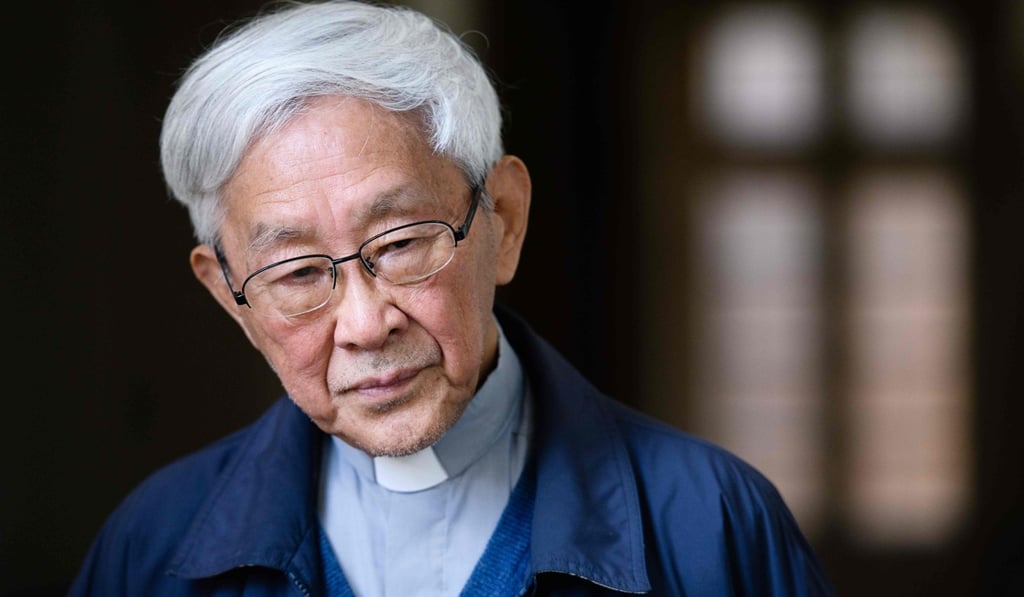Hong Kong democrat Martin Lee and Cardinal Joseph Zen say Beijing kept tabs on Catholic meeting in Portugal
- The duo claim they were monitored by Chinese agents at a conference in the holy city of Fátima and that Beijing pressured organisers to disinvite them
- Hong Kong’s protests and Sino-Vatican relations were among the topics being discussed

Hong Kong’s outspoken Cardinal Joseph Zen Ze-kiun and veteran democrat politician Martin Lee Chu-ming had not yet collected their luggage at Lisbon airport when they were approached by a policeman among the hundreds of tourists arriving in the Portuguese capital.
“Somebody walked up to me and asked if I was Cardinal Zen. I said, ‘Not me, but him’, and pointed to Zen. Then he said he was a policeman and he was coming to protect us. So I was surprised,” said Lee, the founding chairman of Hong Kong’s Democratic Party.
The encounter took place on August 21, one day before a conference organised by the International Catholic Legislators Network was held in Fátima, a Catholic holy city in Portugal that draws thousands of worshippers each year.

According to Lee and Zen, their presence as well as these two topics attracted the attention of the Chinese embassy in Lisbon, and conference organisers were under pressure to cancel the pair’s invitations.